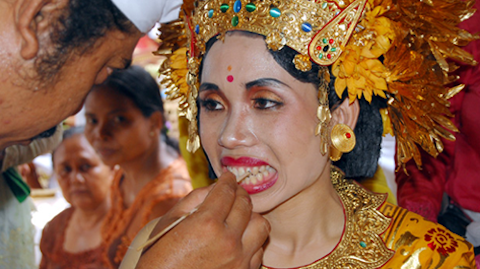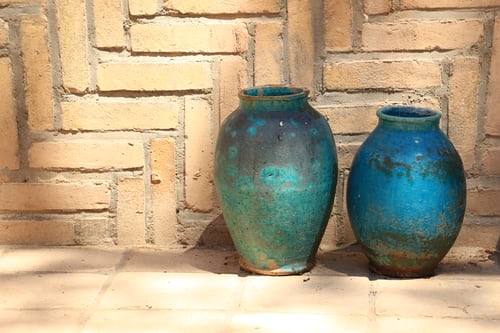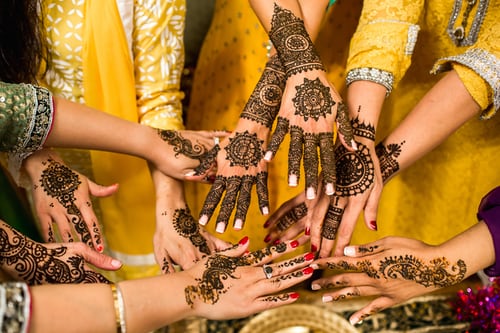Culture is a strong part of people’s lives.
It influences our views, our values, our humor, our hopes, our loyalties, and even our worries and fears.
And while there are 195 countries around the world, it is expected that each society has its own cultural traditions that identify their heritage and makes them unique.
To give you some insight into this subject, here’s a list of 10 strange traditions in the world.
1.) Don’t show up on time in Venezuela.

Reaching on time is considered rude in Venezuela and it is recommended to reach at least 15 minutes later than the scheduled time.
Guests who reach on time are looked down upon as being too eager and greedy.
Arriving late means a grand entrance too.
2.) Tooth filling in Indonesia.

A peculiar ritual is performed by both genders before marriage in Bali.
And that’s filling their two teeth.
It is done to keep any evil forces or characteristics such as greed, lust, anger, stupidity, confusion, jealousy and intoxication away from the couple.
3.) Cleaning on your 30th Birthday in Germany.

If you aren’t married by age 30 in Germany, don’t expect a big party.
On this milestone birthday unmarried women are expected to clean their friends’ doorknobs with toothbrushes, while unmarried men sweep the stairs of the town hall or another public place.
4.) Bride kidnapping in Romania

Kidnapping a girl you like is very much legal in Romania.
Kidnapping to them means that you’ve won her and have the right to marry her, provided that you are able to keep her as a hostage for 3-5 days.
The bride is taken to a secret location and a ‘ransom’ worked out with the groom.
5.) Eating dead’s ash in Venezuela and Brazil

In the Yonamamo tribe from Brazil and Venezuela, the tradition forbids keeping any part of the deceased body.
The body of the dead is burned.
Bones should be crushed and mixed with the ashes and to be divided amongst the family and eaten by all.
6.) Throw the baby for good luck in India.

The Baba Umer Dargah is a famous Islamic shrine in India.
It is known for a baby throwing ritual, in which infants are dropped from a 15-meter platform onto a cloth held by both Muslim and Hindu men.
Babies are caught then by the family in a cloth.
This tradition is believed to bring good luck to the babies.
7.) Break the dishes and get the newly weds to clean the mess in Germany.

Polterabend is a German wedding custom in which guests break porcelain on the night before the wedding and the bride and groom clean it up.
This is meant to bring luck to the couple’s marriage.
8.) Dance with the dead bodies in Madagascar.

Famadihana is a funerary tradition of the Malagasy people in Madagascar.
After bringing bodies of ancestors from their burial place, they re-wrap them in fresh cloth and dance around the tomb to live music.
The ritual is followed once in seven years, but has been in the decline of late.
9.) Crying Brides in China.

The custom of crying marriage existed a long time ago in many areas of Southwest China’s Sichuan Province.
Though not so popular as before, the custom is still observed by people in many places, especially Tujia people, who view it as a necessary marriage procedure.
Brides cry for about a month, which is considered part of the wedding preparations.
10.) Avoiding using red ink in South Korea.

Although this is a superstition that belongs more and more to the past, Koreans still consider it very rude to write someone’s name in red ink, so it’s always better to avoid using a red pen.
Based on their history and customs, red ink was used to write down names of dead people.
It is therefore considered a taboo to write someone’s name in red.
Disclaimer:
The content provided in this blog is for informational purposes only. The owner of this blog makes no representations as to the accuracy or the completeness of any information of this site or found by following any link on this site. The owner will not be liable for any errors or omissions in this information nor for the availability of this information. The owner will not be liable for any losses, injuries or any damages from the display or use of this information.



